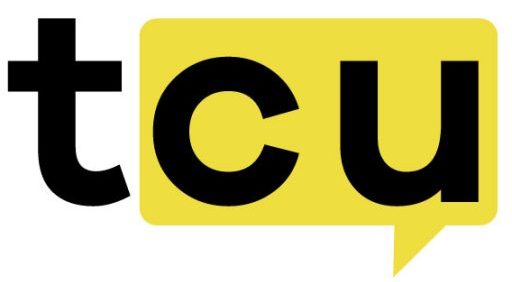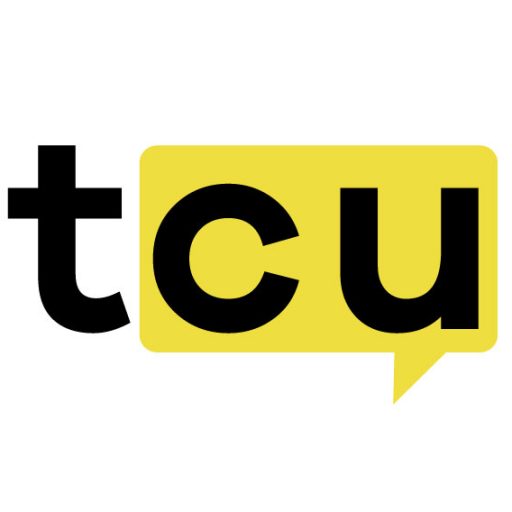Trading player performance in decentralized markets
I’ve been watching how blockchain is changing sports fandom, and honestly, it’s more interesting than I initially thought. The whole concept of trading player performance through decentralized markets feels like a natural evolution from traditional sports betting. Instead of dealing with bookmakers who control everything, fans can now participate directly through platforms like TheSportExchange.
What strikes me about this approach is how it uses automated market makers and smart contracts to handle the trading. These systems act as transparent intermediaries that anyone can verify. The ‘Keys’ concept they’ve developed represents team performance as tradeable assets, which means fans actually have financial exposure to how their favorite teams perform in real matches. It’s not just about winning or losing bets anymore – there are ecosystem rewards that make the whole experience more engaging.
Tokenized governance gives fans real influence
This might be the most surprising development to me. The idea that fans can actually influence team decisions through tokenized governance seemed far-fetched at first, but platforms like Socios are making it happen. Fan tokens essentially function like shares in a decentralized autonomous organization, giving holders voting rights on everything from kit designs to player numbers.
What I find compelling is that this isn’t just about voting – it comes with tangible benefits. Token holders can get experiences like flying with the team to away matches or being the official announcer for games. Before blockchain, these decisions were made by a small group of executives who might not understand what fans really want. Now, the people who care most about the teams can actually shape their direction.
Digital collectibles and NFT ticketing
The NFT space in sports has evolved beyond just digital art. NBA Top Shot showed how video highlights could become collectible moments, while platforms like Seatlab are using NFTs to solve real ticketing problems. The statistics about ticket fraud are staggering – nearly £6.7 million lost in the UK alone recently.
NFT tickets make sense because they’re inherently verifiable and can’t be counterfeited. What’s interesting is how they can include additional perks like VIP seating or food and drinks automatically. The transparency of blockchain ensures that everything from ticket creation to game day remains secure and tamper-proof.
Looking toward the metaverse
While the metaverse hype has cooled somewhat, the potential for immersive sports experiences remains. Manchester City’s Virtual Etihad Stadium project and similar initiatives from FC Barcelona show that major clubs are still exploring this space. The combination of VR and blockchain could create experiences that feel almost like being at the actual stadium.
What makes this work is blockchain’s ability to provide a trust layer for all the digital assets within these virtual environments. Everything from avatars to virtual jerseys can have verifiable ownership and scarcity. It’s still early days, but the foundation is being laid for a new type of fan engagement that blends physical and digital experiences.
Overall, these developments suggest we’re moving toward a future where sports fandom is more participatory and financially meaningful. The technology isn’t perfect yet, and adoption will take time, but the direction seems clear. Fans are becoming active participants rather than passive spectators, and blockchain is making that transition possible.
![]()


